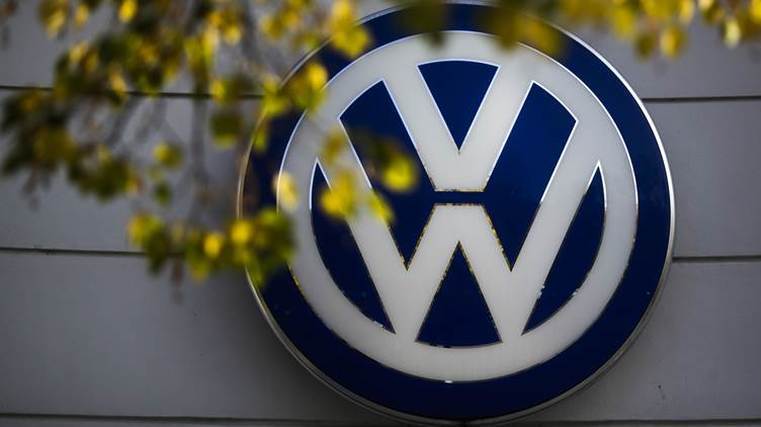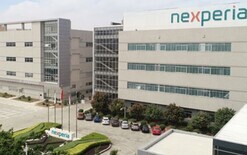German carmakers charged

Volkswagen CEO Herbert Diess and the company's chairman, Hans Dieter Pötsch, have been charged by German prosecutors for failing to disclose the financial risks of the diesel scandal to shareholders.
The two executives are accused of failing to disclose the huge financial risks of the diesel scandal to shareholders in a timely fashion.
Under German law, top executives must inform shareholders of information that can affect stock prices as soon as they become aware of them.
New charges against Martin Winterkorn, the former CEO of Volkswagen, were also revealed in an indictment.
The indictments are the latest fallout from Volkswagen's bombshell admission in 2015 that it had rigged millions of diesel cars worldwide to cheat on emissions tests, a scandal that has cost the company over $30 billion.
Shareholders were also hit hard: The company's stock price plummeted by nearly 40 per cent after allegations of cheating were finally made public in September 2015.
"The company has meticulously investigated this matter with the help of internal and external legal experts for almost four years," Volkswagen said in a statement. "The result is clear: the allegations are groundless."
Daimler fined over NZ$1.5 billion
Fiat Chrysler is not the only car company in the crosshairs of the diesel emissions scandal. German prosecutors have fined Daimler AG $870m euros (NZ$1.51b) for “negligent violation of supervisory duties” to settle a probe into selling rigged diesel cars.
Prosecutors found the maker of Mercedes-Benz cars sold about 684,000 vehicles that didn’t completely comply with regulations on emissions of nitrogen oxides, according to statements from Stuttgart authorities and Daimler.
German prosecutors found that some 684,000 vehicles didn’t completely comply with regulations on emissions of nitrogen oxides.
Fiat Chrysler manager faces US fraud charges
Emanuele Palma, a senior manager at Fiat Chrysler, has also been charged with conspiring to rig diesel-emissions tests on the car maker's vehicles, among other crimes.
The charges come months after the company agreed to a costly legal settlement of lawsuits over the deception.
According to the New York Times, from 2011 to 2017, Palma and unnamed co-conspirators misled regulators and the public by purposefully calibrating emissions-control systems so that cars would produce lower emissions on regulatory tests than in other situations.
In a statement, a Fiat Chrysler spokesman said the company would “continue to fully cooperate with the authorities, as we have throughout this issue.”





